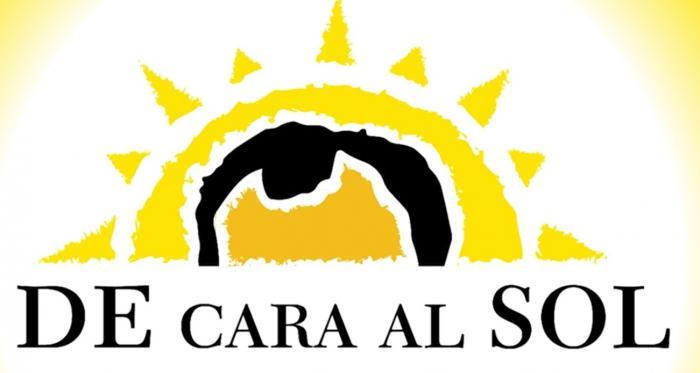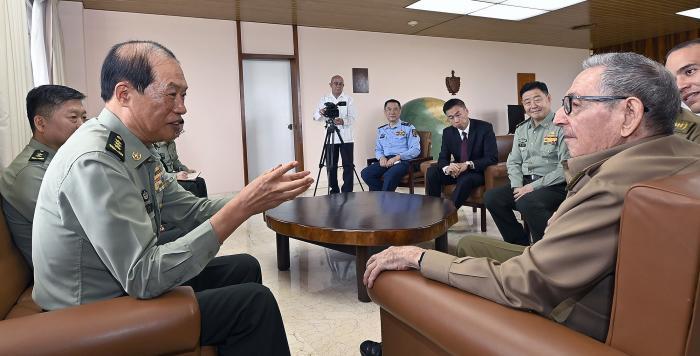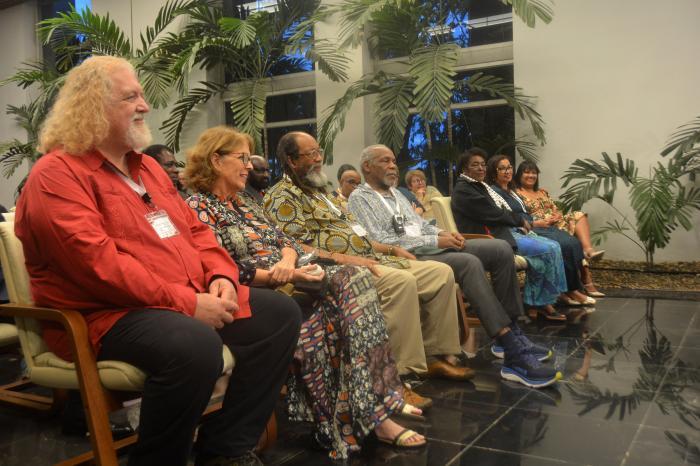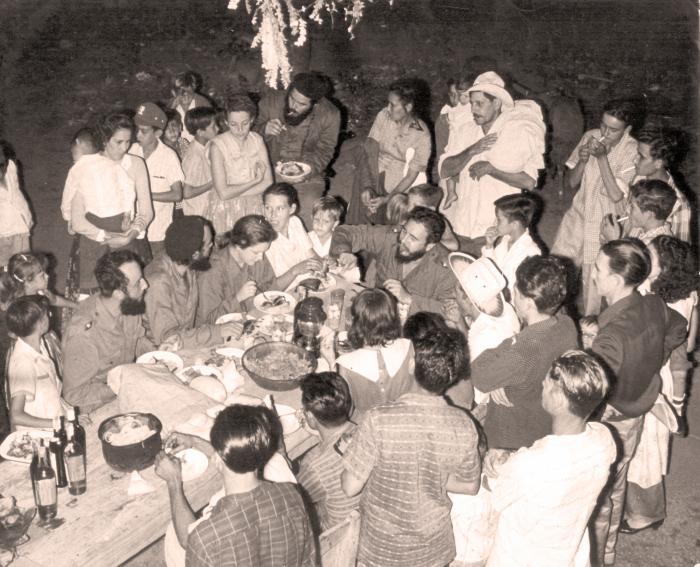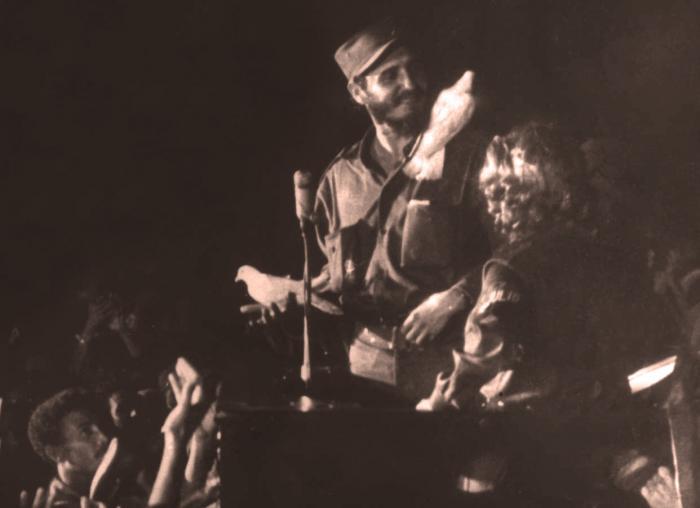


For eyewitnesses, still alive, it is enough to close their eyes. For those who saw (double) light after that January 8, 1959, there remain, intact -as if sucking the oxygen of this 2025-, images captured by lenses that opened curtains again and again, determined to freeze for history what was never seen.
Tanks, other armored vehicles, trucks, trucks, cars, military vehicles of all kinds furrow, in an unprecedented sea of people, the Cotorro; they pass by the Castillo de Atarés, the Navy (where Fidel gets off and boards the Granma yacht, perhaps waiting for him, tied to the dock), Missions Avenue, Presidential Palace, Malecón, 23rd Avenue, Columbia.
On top of those means come the victorious bearded men of the Rebel Army, led by Fidel and Camilo, as well as soldiers of the defeated army of the tyranny, joining the Caravan, in one of the first and very beautiful expressions of the lethal weapon that the empire has never been able to neutralize Cuba: unity.
Sixty-six years have gone by, and together with those images, the advice, the warnings of real dangers to come, the meditations and the unquestioned wisdom of the Commander-in-Chief, in a speech in which it is extremely difficult -if not impossible- to define one paragraph as more important than the others.
Decades of political corruption, economic plundering, demagogy, surrender and, above all, a lot of lies playing the game of power were coming to an end. No wonder, from the beginning, he stated: "And that is why I want to start -or rather, to continue- with the same system: that of always telling the people the truth? How did the Rebel Army win the war? By telling the truth. How did the tyranny lose the war? By deceiving the soldiers..."
He has before him thousands of men and women, or what is the same: that force that he defines as "our strongest column, our best troop, the only troop that is capable of winning the war alone: that troop is the people! No general can do more than the people; no army can do more than the people. If I were asked which troop I prefer to command, I would say: I prefer to command the people".
The mastery, dedication and selflessness with which he did it, until the day he embarked on his no less victorious caravan of final return to Santiago, in 2016, are enviable.
Not a hint exists in the grateful ones, nor in those born to win and not to be defeated, not even in the thousand times multiplied chicks of the white dove that landed on his shoulder in that exchange "face to face" with the people, to whom he spoke so much that day of the peace that, as a nation, the whole of Cuba was clamoring for.
All these years have been difficult, perhaps even more so the last few years. Who knows to what extent the next ones. There is no surprise. He clearly anticipated it that same January 8. The point is not to forget it. It is knowing how to face the adverse. It is not giving up to win. That is the great truth.


